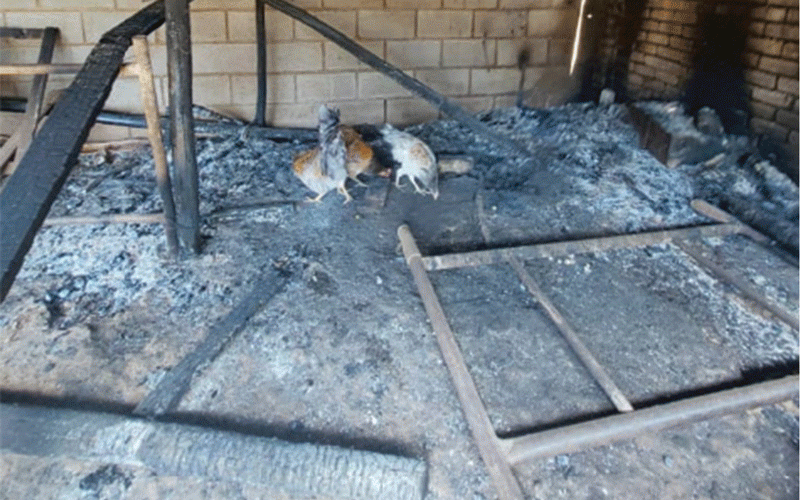ZIMBABWE has a shortfall of 64 000 health care workers, a Cabinet minister has said, adding that the country needs to double the workforce by 2028 to meet healthcare needs of its citizens.
Health and Child Care minister, Douglas Mombeshora, said this at a meeting with World Health Organisation (WHO) officials focused on fighting cervical cancer.
Reports indicate that cervical cancer remains a significant public health concern in Zimbabwe, ranking fourth globally and regionally, with alarming incidence and mortality rates.
“Zimbabwe has made a lot of effort towards eliminating cervical cancer, but we still face major challenges,” Mombeshora said.
“We have a shortage of community health workers who are critical in the mobilisation of cervical cancer screening as well as other health priorities.”
“Currently we have 64 000 health workers, but we need to double this number to 128 000 by 2028 to meet the healthcare needs.
Keep Reading
- Mavhunga puts DeMbare into Chibuku quarterfinals
- Bulls to charge into Zimbabwe gold stocks
- Ndiraya concerned as goals dry up
- Letters: How solar power is transforming African farms
“We need to give them good incentives, so that we can retain our personnel.”
According to the World Cancer Research Fund International, Zimbabwe has the highest number of cancer-related deaths, with 142,9 per 100 000 women succumbing to the chronic ailment.
According to WHO annually, approximately 3 043 women in Zimbabwe are diagnosed with cervical cancer and tragically, 1 976 lives are lost to the disease.
In a statement, WHO said the shortage of healthcare workers was being felt across the country
“The shortage of healthcare workers can be felt across the country. On the outskirts of Harare, communities sometimes rely on advocates as their only source of health information,” WHO said.
The health sector has been hard-hit by a mass exodus of trained personnel, especially nurses, who are quitting their jobs in search of greener pastures abroad.
A number of services have been crippled by the mass exodus, with cervical cancer services also affected.
Zimbabwe introduced the national human papillomavirus vaccination programme in 2018 which protects against warts and most cases of cervical cancer.
Over 1 million girls have been vaccinated to date.
Zimbabwe is now conducting school-based vaccination campaigns, along with integrated vaccination outreaches to ensure that girls out of school are not left behind.





